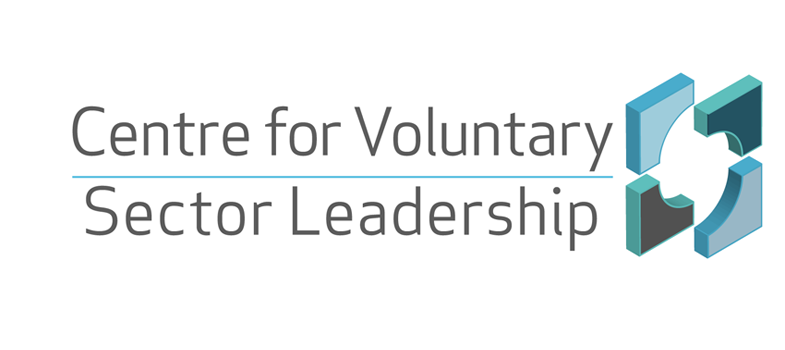Summary of Week 3
This week, we covered the importance to leadership practice of reflecting on our identities and those of others. You were asked to think carefully (and critically) about your own identities and your reasons for doing what you do within the voluntary sector. Such identifications help to guide us, they provide an ethical anchor for our leadership work. Nevertheless, it was noted that all identities are ultimately rooted in difference, that it is impossible to know of our identities outside of what they are defined against. Such an insight underlines the fact that no identity is fully capable of capturing the full richness of human experience. Although a challenging idea, this is also encouraging when planning collaborative leadership work, as it seems as if we are already reliant on others.
We have already noted that relying on others and bringing others together is important in tackling wicked problems. Bearing this in mind, we also thought about the range of identities often associated with the voluntary sector, stating that while important, these categories also conceal a range of subtlety and degrees of variation. The intimate connection between identity and difference, and the fundamentally relational character of all identity, identifies potential for collaborative leadership work. It is by maintaining a commitment to our own values, but also to learning from the identities of others, that interesting and fresh collaborative opportunities might emerge.
Now go to Week 4 [Tip: hold Ctrl and click a link to open it in a new tab. (Hide tip)] .
Week 3 quiz
